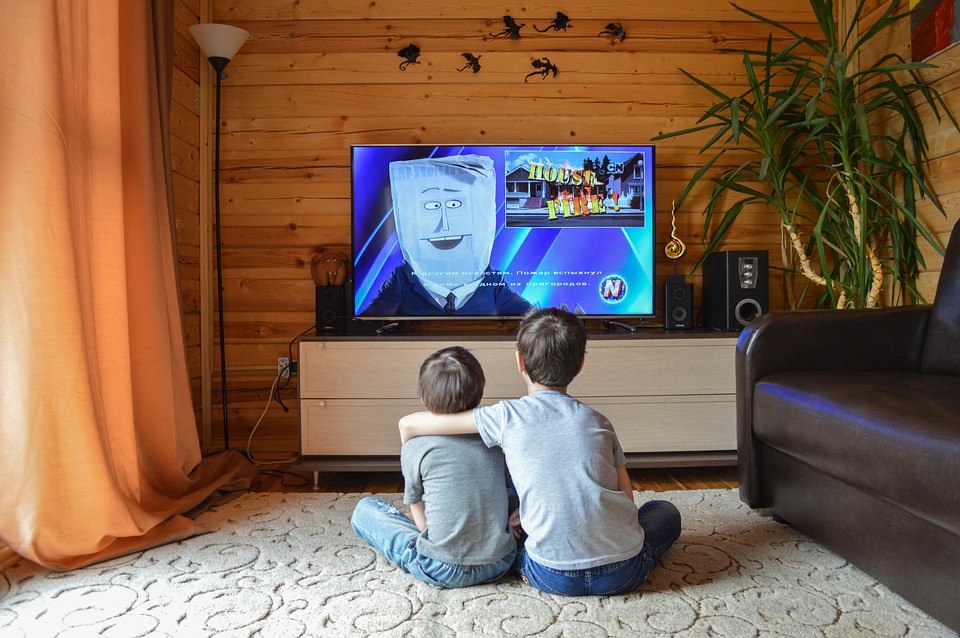The Rise of Reality TV in Television Broadcasting
Reality television has become a staple in television broadcasting over the past few decades, captivating audiences around the world with its unscripted and often outrageous content. From competitions like “Survivor” and “The Amazing Race” to docuseries like “Keeping Up with the Kardashians” and “The Real Housewives,” reality TV has transformed the way we consume entertainment.
The Evolution of Reality TV
Reality TV first gained popularity in the early 2000s with shows like “Survivor” and “Big Brother.” These competition-based programs pitted contestants against each other in various challenges and social experiments, with viewers tuning in each week to see who would come out on top.
As the genre evolved, reality TV began to encompass a wider range of formats, from dating shows like “The Bachelor” to makeover shows like “Queer Eye.” Docuseries also became a popular subgenre, offering viewers a glimpse into the lives of celebrities, wealthy socialites, and everyday people.
The Appeal of Reality TV
One of the key reasons behind the rise of reality TV is its voyeuristic appeal. Viewers are drawn to the unfiltered and unscripted nature of reality TV, feeling as though they are getting a glimpse into the private lives of the contestants. This sense of voyeurism creates a sense of intimacy and connection with the participants, making viewers more invested in their stories and outcomes.
Reality TV also taps into our desire for escapism, offering a break from the scripted dramas and comedies that dominate prime-time television. By showcasing real people in high-stakes situations, reality TV creates a sense of drama and excitement that is hard to replicate in scripted formats.
The Impact of Reality TV
The rise of reality TV has had a profound impact on television broadcasting as a whole. Networks have embraced the genre as a cost-effective way to produce content, with reality shows often requiring lower budgets and shorter production timelines than scripted programming.
Reality TV has also helped to diversify the television landscape, providing opportunities for people from all walks of life to tell their stories on a national stage. Shows like “RuPaul’s Drag Race” and “Queer Eye” have been praised for their positive representation of LGBTQ+ individuals, while series like “The Real Housewives” and “Jersey Shore” have shed light on different cultural and social dynamics.
The Future of Reality TV
As technology continues to evolve, the future of reality TV is likely to be shaped by new innovations and platforms. Streaming services like Netflix and Hulu have already begun to produce their own original reality programming, offering viewers even more options for binging their favorite shows.
Virtual reality and augmented reality are also poised to revolutionize the way we experience reality TV, with the potential to transport viewers into the worlds of their favorite shows like never before. As these technologies become more mainstream, we can expect to see reality TV continue to push the boundaries of storytelling and audience engagement.
In conclusion, the rise of reality TV in television broadcasting has transformed the way we consume entertainment, providing viewers with a compelling mix of drama, humor, and excitement. As the genre continues to evolve and adapt to new technologies, we can expect to see even more innovative and boundary-pushing programming in the years to come. Whether you love it or hate it, reality TV is here to stay.



Leave a Reply